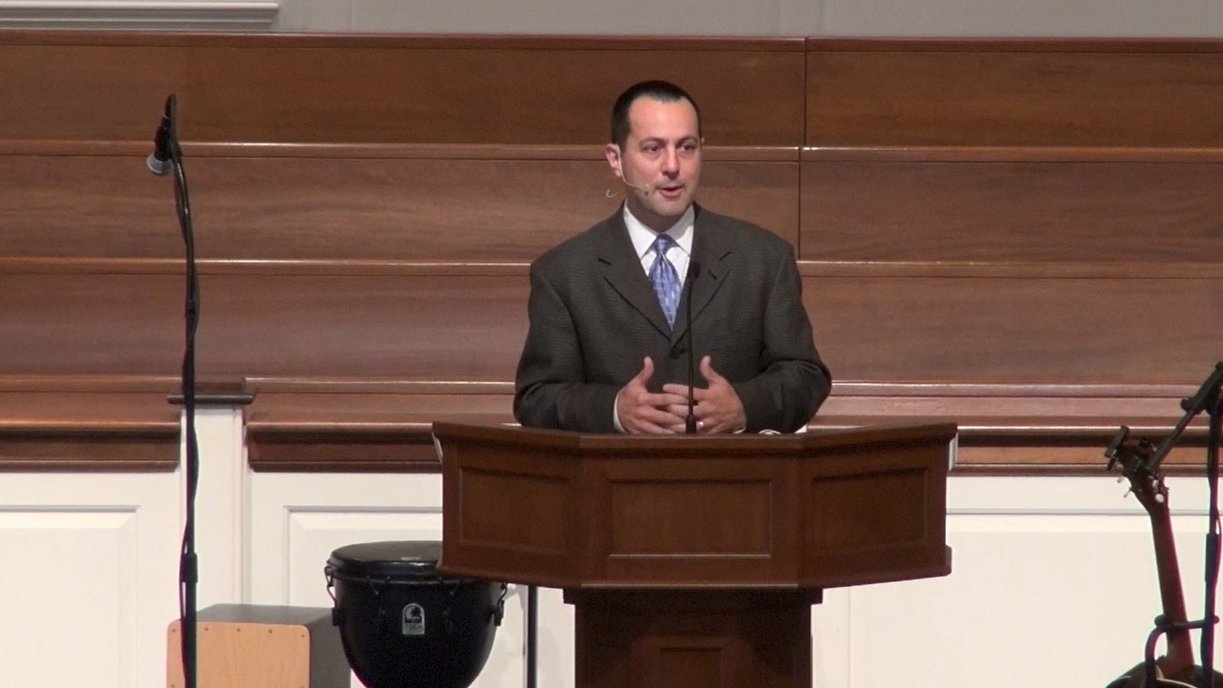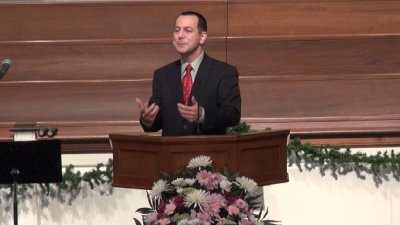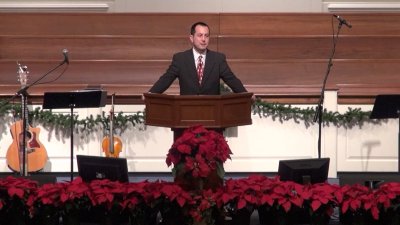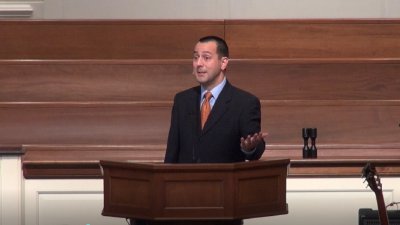APPLICATION QUESTIONS:
1. How can the 10 Commandments be categorized? How did Jesus speak of the Commandments? Is a Christian obligated to keep the 10 Commandments today?
2. The word “fear” is used twice in Exodus 20:20. What is the 3. difference between them? Why is first condemned and the second indispensable?
3. What does it mean to live as a sojourner (see Exodus 23:9)? Who is a sojourner? How should the Christians care for them in the church and in the community?
4. What does it mean to be a mediator? How is Moses a mediator at Mt. Sinai? How is Jesus a mediator for the believer?

The Ten Commandments
Exodus 19-24
November 6, 2016 • Michael Wilburn
The Tabernacle
December 11, 2016 • Michael Wilburn
APPLICATION QUESTIONS: 1. Reflect on the specificity of the Tabernacle’s design. What worship principles do you observe? Should your worship of God be more stoic or more casual? 2. What similarities and differences exist between Israel’s worship of God in the Tabernacle and the believers’ worship of God in the church? 3. Read about Moses’ work ethic in Exodus 40:16, 33. How can you improve in honoring God with your work? 4. Exodus 35-40 largely repeats Exodus 25-30. What does the repetition say about God’s relationship to Israel? How has God graciously given you new opportunities for obedience?
The Golden Calf
December 4, 2016 • Michael Wilburn
APPLICATION QUESTIONS: 1. Which of the 10 Commandments did Israel break by worshiping a golden calf? What does this event teach about idolatry? 2. Would God have been justified to destroy Israel (Ex 32:10)? Why did God relent from his anger? 3. Reflect on the description of God’s character in Exodus 34:6-7. In what way has God responded to you personally in one of these attributes? 4. Is the renewal of the Mosaic Covenant conditional or unconditional? Read Exodus 34.
40 Days with God
November 27, 2016 • Michael Wilburn
1. What did Moses do for 40 days and nights in God’s presence? Is 40 days symbolically significant? 2. What can be learned from the detailed orders for the Tabernacle, its dimensions, metals, and fabrics, and the priestly service of the Tabernacle? 3. The first person in the Bible described as being “filled with the Spirit of God” is Bezalel (Ex 31:2-3; 35:30-31). Who was Bezalel? What was his occupation? How does being filled with the Spirit inform a theology of work? 4. God specifically states his purpose to dwell among his covenant people, Israel (Ex 29:43-46). How does God dwell among believers in the church age? Where in the NT is “dwelling” language used to show God’s presence with his people today?


